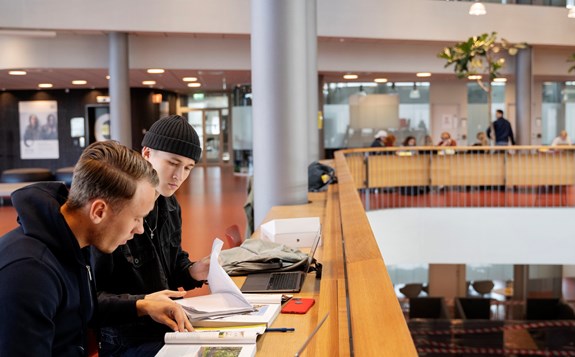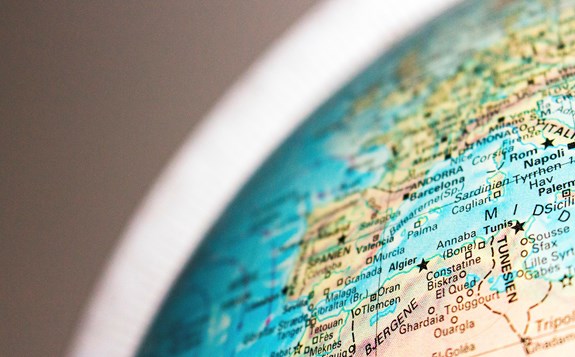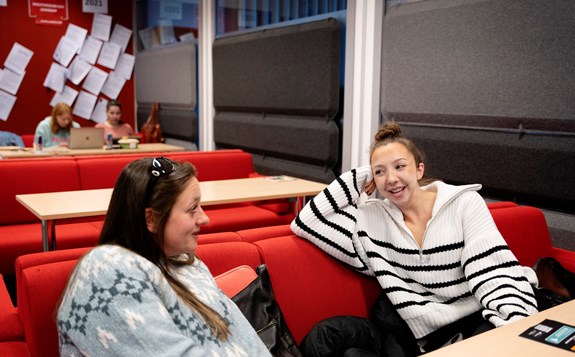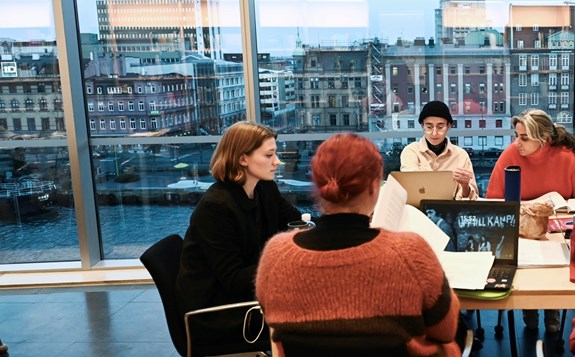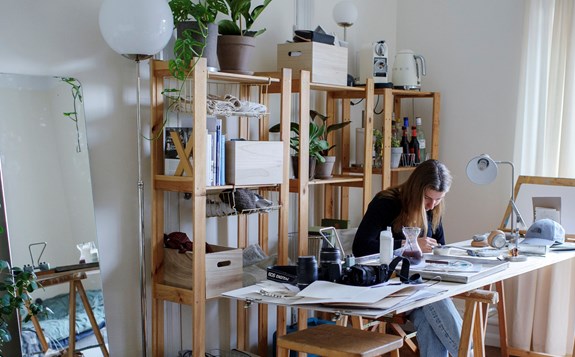We use cookies on this website. Cookies help us deliver the best experience on our website. Read about cookies.
-
- Education
- Education
- Programmes and courses
- Applications and admissions
- Tuition fees
- Scholarships
- Exchange studies at Malmö University
- Study Guidance
-
- After admission
- After admission
- Moving to Malmö
- Pre-orientation
- Arrival guide
-
- About studies at Malmö University
- About studies at Malmö University
- Why choose Malmö University
- Understanding university studies
- Connect with our students
On the page -
- Research
- Research
-
- Doctoral studies
- Doctoral studies
- Doctoral courses
-
- Doctoral schools
- Doctoral schools
- Adaptation of urban space through sustainable regeneration
- ComBine
- Culturally Empowering Education through Language and Literature
- Education, Learning and Globalisation
- Finding ways in a time of great future challenges (FinnFram)
- Swedish National Graduate School in Science and Technology Education Research
- Learning in Multicultural Societal Contexts
- Pedagogy and Vocational Skills
- Relevancing Mathematics and Science Education (RelMaS)
- Sustainable Movement Education
- The National Research School for Professionals in Social Services
- Research subjects
-
- Research centres
- Research centres
- Biofilms Research Centre for Biointerfaces
- Citizen Health
- Imagining and Co-Creating Futures
- Institute for Urban Research
- Malmö Institute for Migration Studies
- Literacy and Inclusive Teaching
- Centre for Work Life Studies
- Sustainable Digitalisation Research Centre
- Centre for Sexology and Sexuality Studies
-
- Research publications
- Research publications
- Search for research publications in Diva
- Malmö University Press
- Research events
- Participate in a research study
- Coffee Break Quiz
On the page -
- Collaboration and Innovation
- Collaboration and Innovation
-
- Levels of collaboration
- Levels of collaboration
-
- Local collaboration
- Local collaboration
- Muvah
- Regional collaboration
- National collaboration
-
- International collaboration
- International collaboration
- UNIC
- Innovation
- Collaboration with students
-
- Collaborate with researchers
- Collaborate with researchers
- Labs and facilities
- Culture collaboration
- Support Malmö University
- Alumni & Friends
On the page -
- About us
- About us
-
- Faculties and departments
- Faculties and departments
-
- Faculty of Culture and Society
- Faculty of Culture and Society
- Department of Global Political Studies
- School of Arts and Communication
- Department of Urban Studies
-
- Faculty of Education and Society
- Faculty of Education and Society
- Department of Childhood, Education and Society
- Department of Sports Sciences
- Department of Culture, Languages and Media
- Department of Natural Science, Mathematics and Society
- Department of Society, Culture and Identity
- Department of School Development and Leadership
- The Centre for Teaching and Learning (CAKL)
-
- Faculty of Technology and Society
- Faculty of Technology and Society
- Department of Computer Science and Media Technology
- Department of Materials Science and Applied Mathematics
- Faculty of Odontology
- University Dental Clinic
-
- Find and contact Malmö University
- Find and contact Malmö University
- Visit Malmö University
-
- News and press
- News and press
- Graphic manual
- Map of the buildings (Google Maps)
- Merchandise
- Supplier information and invoice management
- Whistleblowing
- We will help you with your questions
- Management and decision-making paths
-
- Malmö University's strategy 2030
- Malmö University's strategy 2030
- Sustainability
- Widened recruitment and participation
- Quality assurance work at the University
-
- Malmö Academic Choir and Orchestra
- Malmö Academic Choir and Orchestra
- Student work – video pieces
-
- Annual Academic Celebration
- Annual Academic Celebration
- Academic traditions
- Meet our new professors
- Meet our new doctors
- Honorary doctors
-
- The University in a troubled world
- The University in a troubled world
- Campus total defence
On the page
Political science and international migration
or global politics
At Malmö University you can study political science and migration studies. Choose between a bachelor's programme and one-year or two-year master's programmes in global politics or international migration and ethnic relations. Apply now for the 2024 autumn semester. EU students are not required to pay application and tuition fees. The application period ends on 17 April.
Explore our programmes
Testimonials
Testimonial IMER 1 year
International Migration and Ethnic Relations, one-year master's programme
International Migration and Ethnic Relations, one-year master's programme
Heléne explains what made her choose the one-year master´s programme and reflects on her experiences studying in an international programme at Malmö University.

International Migration and Ethnic Relations, two-year master's programme
After a family history of forced migration, Haneen Abdel Khaleq knew that she wanted to help others in similar situations. Having studied International Migration and Ethnic Relations at Malmö University, she now works with refugees as a protection officer in Lebanon.
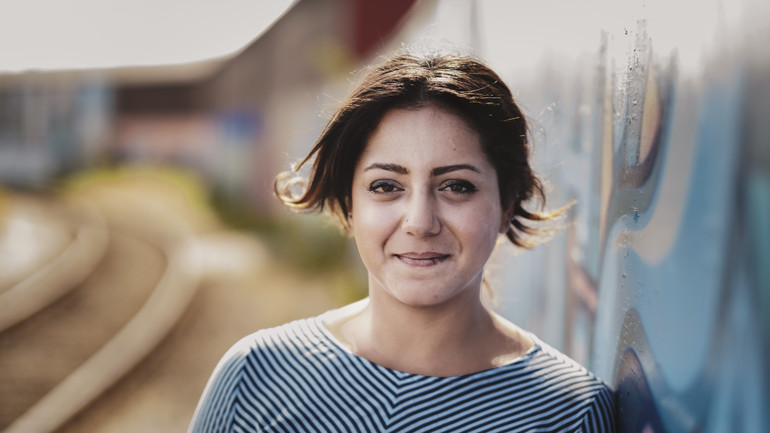
International Migration and Ethnic Relations, two-year master's programme
After a family history of forced migration, Haneen Abdel Khaleq knew that she wanted to help others in similar situations. Having studied International Migration and Ethnic Relations at Malmö University, she now works with refugees as a protection officer in Lebanon.
From Kuwait to Malmö
Haneen and her family were living in Kuwait when the Gulf War erupted in 1990, forcing them to flee along with an exodus of other Palestinians. By the time she was ten, she had already moved from Syria to Jordan to Qatar, before finally settling in Australia.
As an adult, Haneen began working with Palestinian refugees in Jordan and knew that she had found her calling. Then, at the height of the ‘refugee crisis’ in Europe, she was offered a scholarship to study International Migration and Ethnic Relations at Malmö University.
Diversity in and outside of the classroom
“Being in Malmö, where a lot of refugees were arriving from places like Syria, I was able to see the effects of war on displacement and migration first hand, and could then go to class where we discussed this in an academic way.”
“Meeting other international students from places like Africa, Asia, and the Middle East enriched my experience as a master’s student. We could share our different experiences and opinions on the kind of things that were going on. That diversity was really valuable.”
Reflecting on her outlook, she says learning about things like the economy, migration flows and integration has allowed her to think more practically about ongoing injustices and how she can make a change.
“In the future, I would like to work to change migration policies. It might be a bit cliché, but the most important thing to me is to make some sort of difference, even if it’s in a small way.”
Identity and personal growth
As well as an important part of Haneen’s journey towards supporting others, the master’s programme has also helped her to come to terms with certain parts of her own life and identity.
“My studies helped me to understand that my identity doesn’t have to be so rigid,” she explains.
“Who I am doesn’t have to be based on being either Australian or Palestinian. I’ve lived in so many countries up until now and the more I learn and experience, the freer I feel to live and identify the way that I want.”

Political Science: Global Politics and Societal Change, one-year master's programme
Originally from the Netherlands, Elina Natobidze-Airiian moved to Sweden to study the master’s programme in political science. After graduating, she moved back to work for the Ministry of Health, Welfare and Sport in the Netherlands. Today she lives in Tbilisi, Georgia.
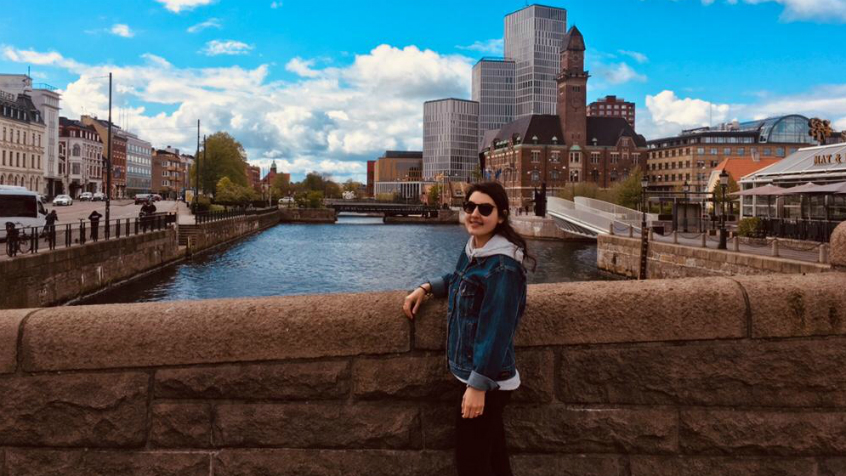
Political Science: Global Politics and Societal Change, one-year master's programme
Originally from the Netherlands, Elina Natobidze-Airiian moved to Sweden to study the master’s programme in political science. After graduating, she moved back to work for the Ministry of Health, Welfare and Sport in the Netherlands. Today she lives in Tbilisi, Georgia.
Why did you choose the Political Science programme?
"After doing some online research, I came across Malmö University and this particular programme, which immediately caught my attention. I liked the fact that it is a multi-disciplinary programme that addresses aspects of international relations, human rights, and peace and conflict studies. As the world is more interconnected than ever before, I think it is important to understand how social, economic and political transformations affect local, national, European and global governance. Apart from that, political science graduates can work for a wide range of employers, such as the United Nations, the European Union, multinationals and NGOs."
What did you like most about the education?
"I really liked the fact that the programme has a good balance between lectures and seminars, unlike many other master’s programmes. In this way, students are encouraged to participate in group discussions and ask the teacher questions. In addition, I appreciated the informal nature of Swedish society where students are free to think creatively and choose how to approach an assignment. I liked that the examination largely relied on doing your own research and academic writing rather than sit-in exams. There was also less emphasis on grades, which made studying less stressful and more enjoyable."
Why did you choose to study a master’s programme?
"After completing my bachelor’s programme I worked full-time for approximately a year. This break from studying gave me an opportunity to reflect on my goals. I realised that I really wanted to invest in my future and pursue my interests in more depth. Also, I believe that having extra qualifications will make you stand out in the job market. Furthermore, it is a great way to build your network and to connect with like-minded people.
"In my opinion, the importance of studying at master’s level depends primarily on your career ambitions and your interests. A master's in Political Science is more an in-depth study of the broader topics that are covered in a bachelor’s programme. Personally, I found it very interesting to pursue politics at a more advanced level. In addition, a master's in political science has definitely improved my research and writing skills, which are required in many job positions."
What was your impression of Malmö and Sweden?
"When I first arrived in Malmö, I felt at home right away. The flat landscape, the green areas and the many cycle routes felt pleasantly familiar to my hometown in the Netherlands. Apart from that, Malmö is a very diverse and international city and you can easily communicate in English with people. Also, I was surprised by how well-organised, egalitarian and environmentally conscious Sweden is. In addition, public transportation works very well and can take you to Copenhagen in less than 30 minutes. Lastly, it is often said that Sweden has a reputation for being an expensive country. However, I believe that it is totally possible to find cheaper options in Malmö as well."

Political Science: Global Politics, two-year master's programme
Dr Michael Strange is an associate professor in International Relations at the Department of Global Political Studies. He believes the programme — which has the option to do an internship, go on an exchange study, or choose an elective course — will suit students interested in deepening their...
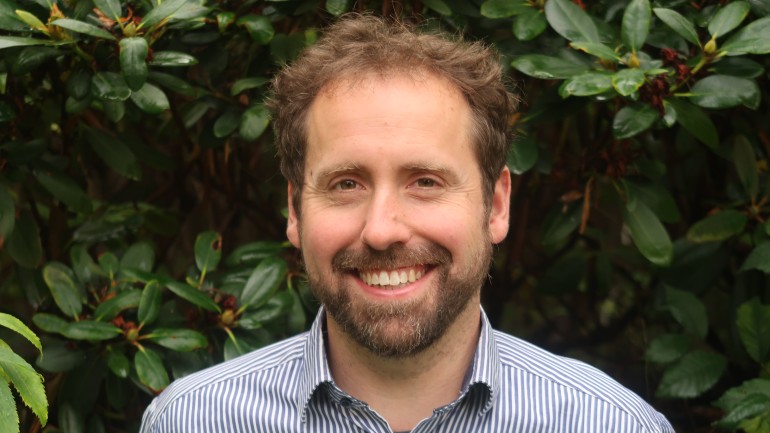
Political Science: Global Politics, two-year master's programme
Dr Michael Strange is an associate professor in International Relations at the Department of Global Political Studies. He believes the programme — which has the option to do an internship, go on an exchange study, or choose an elective course — will suit students interested in deepening their knowledge of global political issues.
What is the master’s programme about?
To understand what ‘Political Science: Global Politics’ implies, it helps to consider four key developments we see in our modern world.
First, it is increasingly clear that a number of actors, other than nation-states and the institutions they create (whether international or intergovernmental organisations), impact politics that go beyond the domestic state – that is, transnational or global.
Second, while new information technologies and surveillance legislation mean that the administrative powers of the state have never been stronger, the concept of ‘government’ has become increasingly surpassed by ‘governance’ at the transnational level. Few decisions affecting our lives are taken exclusively within the local national context.
Third, there has been a significant change in how actors, such as NGOs and individuals, challenge existing governance and modes of power. For example, social media has radically changed the transnational political landscape to both enable new forms of protest and contestation, as well as facilitate new political identities.
Fourth, pressing issues such as climate change and terrorism, show that the kinds of problems requiring policy solutions far exceed the confines of any nation-state. That is to say, policy problems are increasingly transnational and therefore require transnational solutions.
The global pandemic seen during 2020 shows these tensions, where we have witnessed both the apparent return of the nation-state as a central political unit, but also its abject failure to protect human welfare, and the desperate need to develop new transnational institutions.
Who would benefit from this programme?
Students must have an interest in these developments, as well as be willing to engage with challenging questions as to how we can better understand our contemporary world.
In addition to the usual demands of a master’s-level course, you can also choose between a one-semester professional internship, exchange studies, or an elective course. That means our students must be able to work independently and have the initiative to make the most of these options.
The programme should be of interest to individuals committed to a career in which knowledge of our changing world is an evident benefit, with relevance to employers including international agencies, non-governmental organisations, transnational businesses, and local or national administrative agencies.
What is the difference between the one-year, and the two-year master’s programme?
The two-year programme builds upon the one-year programme, but the additional year ensures we can provide a much more ambitious range of learning activities; these include the options of an internship, exchange studies, or an elective course.
A lengthened study programme has the additional benefit of providing a more stable academic community among the students, who are expected to engage fully with the range of extra-curricular activities available at Malmö University.
Why you should choose Malmö University
Malmö University is a young, urban and innovative university located in the southernmost region of Sweden. The University has around 24,000 full-time students and offers English-taught programmes at both bachelor's and master's levels. The University’s research profile is characterised by global engagement, community involvement, and a multidisciplinary and challenge-based approach.
Malmö is a vibrant city with a young and diverse population of 350,000. Malmö is one of Sweden’s fastest-growing metropolitan centres and has a lively start-up scene for the entrepreneurially driven. It is an extremely bike-friendly city. Located in the Öresund region, Malmö lies just a short train journey from the Danish capital city, Copenhagen. The region is home to about four million people and offers a buoyant job market with great international career opportunities.
How to apply
Apply until 17 April. Find our step-by-step guide on how to apply here:
GPS film
The Department of Global Political Studies
The Department of Global Political Studies
The Department of Global Political Studies at Malmö University offers multidisciplinary programmes and courses that help students make sense of the world.
https://youtube.com/embed/hPcmyITd_Nw?enablejsapi=1&rel=0&showinfo=1&controls=1
